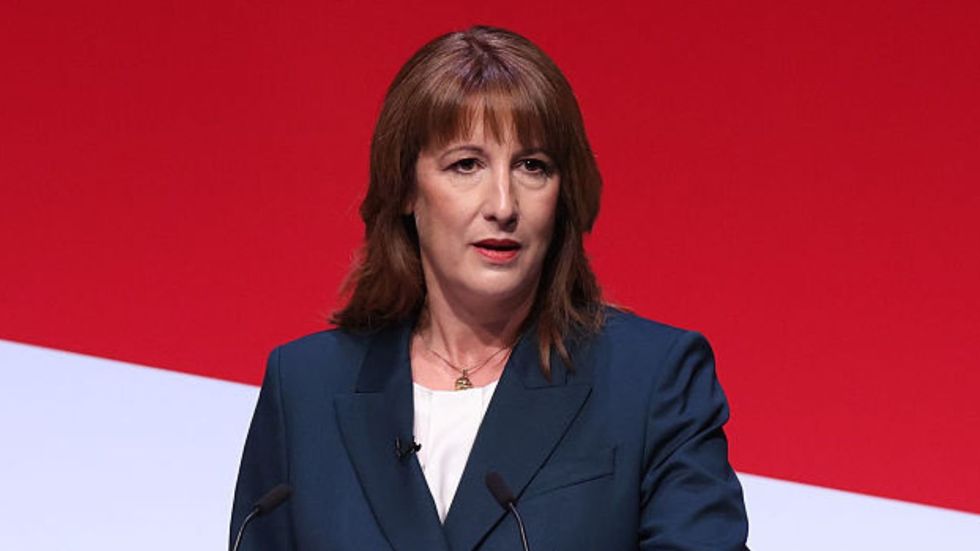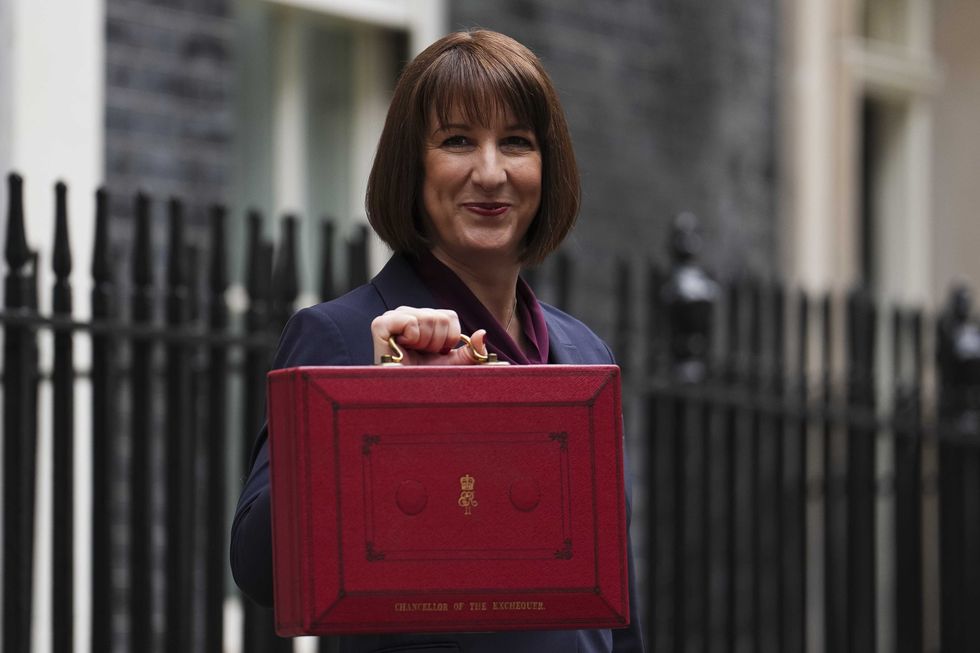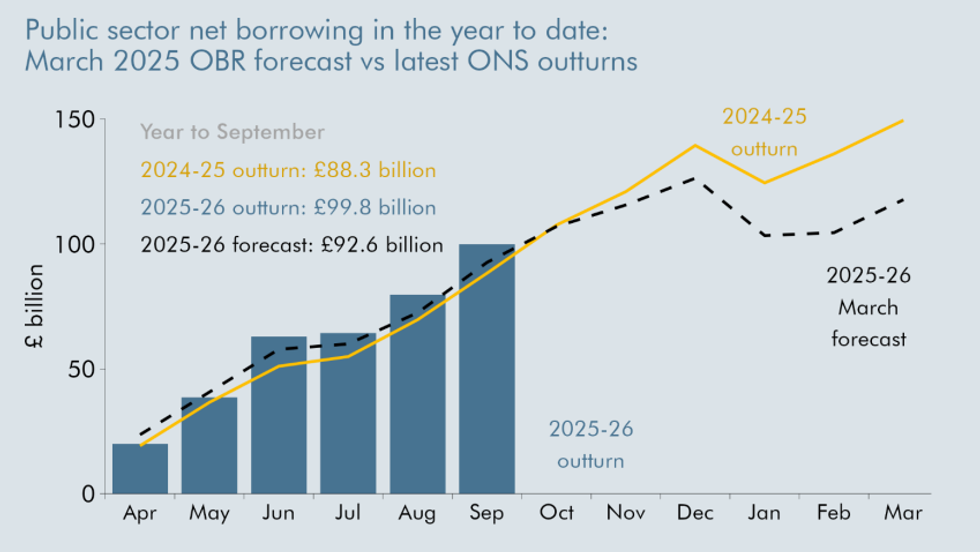Rachel Reeves could be dealing with a bigger hole in the public finances than expected ahead of next month’s Budget, after reports that the UK’s productivity outlook is set to be downgraded.
The government could be facing an extra £20billion gap in the nation’s finances as the Office for Budget Responsibility (OBR) is expected to downgrade its forecasts for UK productivity.
The watchdog intends to reduce its productivity growth forecast by 0.3 percentage points, a steeper cut than the 0.1 to 0.2 point reduction many analysts had anticipated.
The revision reflects the UK’s weak economic performance since the 2008 financial crash. It could also force the Government to reconsider parts of its tax policy, including Labour’s manifesto pledge not to raise income tax, VAT, or national insurance.
According to the Institute for Fiscal Studies, every 0.1 percentage point fall in productivity growth adds around £7billion to government borrowing by 2029-30, meaning the new 0.3 point cut could increase borrowing needs by about £21billion.
The change will bring the OBR’s forecasts closer to the Bank of England’s view, which already reflects years of weak productivity growth.
Previously, the OBR had been more optimistic about how much the UK could produce per hour worked, but ongoing sluggish performance has forced it to revise expectations.
Combined with existing financial pressures, the downgrade could increase the Budget gap to between £20billion and £30billion, though stronger wage growth and easing inflation may help reduce the impact.
The possibility of Labour breaking its election promises has sparked political debate, as the Treasury considers income tax measures despite earlier commitments.

Government sources say one of the main options being considered is extending the freeze on income tax thresholds, which could raise around £7 billion by keeping it in place for two more years until 2030.
Speaking from Riyadh, the Chancellor admitted the OBR’s downgrade could force tough choices, saying: “Our independent forecaster is likely to downgrade the forecast for productivity in the UK based not on anything this government has done, but on our past productivity numbers, which, to be honest, since the financial crisis and Brexit have been very poor.”
Ministers are privately worried that breaking manifesto promises could damage their credibility, but the size of the financial gap may leave them with few other options.

Alongside the income tax threshold freeze, Treasury officials are also looking at other ways to raise money to close the widening fiscal gap.
One proposal is a new charge on limited liability partnerships, which could raise about £2billion and would affect professionals such as doctors, lawyers, and accountants who use these business structures.
The Chancellor is also considering a possible “mansion tax” on homes worth more than £2million, although it is not yet clear how much revenue this could bring in.
These measures form part of broader considerations as Reeves seeks to maintain fiscal credibility whilst adhering to her “non-negotiable” budget rules: avoiding borrowing for day-to-day spending and ensuring government debt falls as a proportion of national income by parliament’s end.
A Treasury spokesperson said: “We won’t comment on speculation ahead of the OBR’s forecast, which will be published on 26 November.”

Treasury officials and Number 10 are said to be frustrated with the OBR’s timing, noting that years of overly optimistic forecasts previously allowed former chancellor Jeremy Hunt to deliver two tax cuts before last year’s election.
Speaking at the Fortune Global Forum in Saudi Arabia, Rachel Reeves stressed that the fall in productivity is due to long-term issues, not current government policies, stating: “I’m not going to do anything in the budget that reduces our opportunities to grow the economy.”
The chancellor previously maintained just £10billion of fiscal headroom at her last budget, which has since evaporated due to increased government borrowing costs and policy reversals on winter fuel payments and benefits.
JP Morgan economist Allan Monks suggests the productivity downgrade could approach £27billin, though declining debt financing costs or improved employment figures might mitigate the impact.
Our Standards: The GB News Editorial Charter







Follow